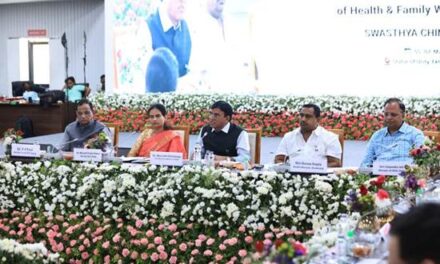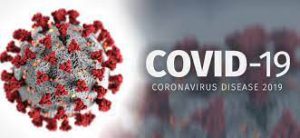Member countries kicked off the World Health Organization’s (WHO) annual assembly on Monday with renewed determination to bolster global readiness for future deadly outbreaks. This comes after the ambitious “pandemic treaty” faced significant setbacks last week, stalling the path to a comprehensive international agreement.
Health officials at the assembly are urgently pushing for new strategies to prepare for and combat the inevitable future pandemics. As COVID-19 recedes from immediate concern, overshadowed by pressing issues like climate change, geopolitical tensions, and upcoming elections, the need for robust pandemic preparedness remains critical.
The “pandemic treaty,” a bold initiative aimed at creating a unified global response to pandemics, was shelved on Friday after 2 1/2 years of intense negotiations. The primary roadblocks were disagreements over the sharing of pathogen information and the technology used to combat these diseases. These issues reflect the broader challenges of balancing equitable access and national interests in global health governance.
In light of the treaty’s derailment, experts believe the best opportunity to enhance pandemic preparedness lies in proposed amendments to the WHO’s International Health Regulations (IHR), established in 2004. These changes are designed to strengthen countries’ abilities to alert, detect, and contain health threats, while fostering greater international cooperation.
One of the key proposals under consideration would empower the WHO director-general to declare a “pandemic emergency,” a move aimed at mobilizing a rapid and coordinated global response. Although a consensus appears to be within reach, lingering disagreements between wealthy and developing nations continue to pose challenges. Central to these disputes are the issues of technology transfer and the establishment of a new fund under the WHO by 2030, intended to enhance pandemic-fighting capacities, especially in developing countries.
Envoys from various countries are working tirelessly to bridge these gaps, striving to reach a deal that balances the needs and capabilities of both rich and developing nations. The outcome of these negotiations will be crucial in determining the world’s readiness to tackle future pandemics effectively.
As the assembly progresses, the global health community watches closely, hopeful that despite setbacks, significant strides can be made towards a safer, more resilient world in the face of emerging health threats.












